Recent events have not done much to give me hope for race relations. Far Right supremacist rallies in Virginia, the shootings of unarmed black people, and most recently, the arrest of these two men in a Starbucks. A part of me knows that things are getting better, that we’re better off today than we were 10, 20, or 30 years ago. But it’s hard to accept the logic of this reality when you’re always seeing the contrary. It’s harder still when these events leave you with the bitter taste of frustration. Frustration at the seeming lack of progress nationwide on race relations. Frustration that apologists deny the existence of systemic racism in this country. And frustration, above all else, at the smiling face some put on veiled racism, that “it wasn’t about race” or “I would call the cops even if they were white” or, perhaps the most popular one, “But I have black friends”. The last is so common that there’s even a logical fallacy associated with it, the Friend Argument.
But what does it mean to feel frustration like this, day in day out. Kurt Vonnegut once wrote that “laughter and tears are both responses to frustration and exhaustion”? Perhaps the answer lies in this line. I’ve found over the years that given enough frustration, exhaustion will quickly follow on its heel steps. When something frustrates us, we spend so much physical and mental energy trying to remedy the problem, so much breath arguing our case, that we exhaust ourselves in the process. It can be discouraging because the exhaustion can make us feel jaded or hesitant to speak up again, lest we burn ourselves out. Thinking back on debates I’ve had with friends and family on topics like race relations and religious freedom, I realized that, more often than not, both sides kept to their positions, and the only end result was this mental exhaustion leeching any energy I had to argue my points further. And yet, the alternatives were just as bad, to let events like the above fly by us, to not engage, to simply keep to ourselves.
Ironically, while frustration can sometimes lead me to exhaustion, I’ve realized it can also be a great source of energy. Frustration comes from the latin frūstrātiō or disappointment, which itself comes from the word frūstrō which means deceive, or trick. What do we do when someone deceives or tricks us? We try to fix the situation, our efforts backed up by anger at the trickery but also a need to make sure it never happens again. In seeing injustice done, such as what happened at Starbucks, or any number of similar incidents around the country and around the world, we feel a deep urge to change the narrative and make sure it doesn’t happen again. The feelings aren’t confined to topics of national importance, like race or religion, either. Frustration about your grades, or fitness level, can just as easily fill you with the desire and energy to make a change, to study harder or start exercising more.
There’s a fine balance to frustration. For all the mental exhaustion it can leave us with, it can also motivate us to do so much more than we thought possible. Perhaps the key to balancing the extremes, the exhaustion and energy, is to understand why we felt the frustration in the first place. It’s when we have expectations and desires about how the world should be, how people should be, how we should be, and when those expectations are not met, that we feel the sting of frustration the most.

Please connect with us if you are seeking support or hoping to learn more about being part of a Supportive, Inclusive, Compassionate, and Kind community:
Join The MindReset
Check out Events for support groups or live events
Follow The MindReset Facebook page
Follow The MindReset Twitter
Follow The MindReset Instagram
You are always welcome to connect directly with an individual from TMR at themindreset@gmail.com or (802) 377-MIND


